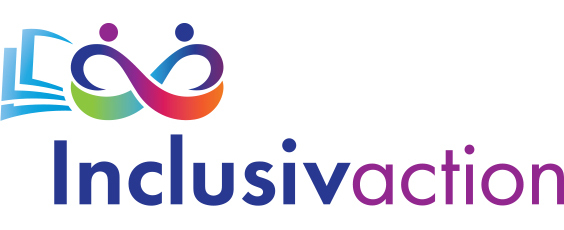Our approach
1
Your needs
We schedule a virtual or an in-person appointment to examine your situation and determine which services would best suit your needs.
At the end of the meeting, we'll suggest some avenues to be explored and, if appropriate, offer some potential solutions.
2
Our services
If you choose to retain our services, we will conclude a service agreement.
- For organizational assessments, we set the parameters, the objectives as well as the fee.
- In the case of a lecture, we set the topics, the format and duration.
- For workshops or training, we set the topic, the format, the duration as well as establish the learning objectives.
- For all consultancy or support services, we set short- and long-term objectives as well as the frequency and intervals of our meetings.
3
Your feedback
Given that collaboration and active listening are part of our values, your feedback is important to us. We always take the time to either schedule a meeting or to ask for written feedback in order to improve processes.
For lectures, training sessions or workshops, we also set a follow-up date to validate the short- and intermediate impacts on your organisation or establishment.
Education
We have a range of services tailored to your educational institution.
Whether you're interested in creating or maintaining a neuroinclusive learning and assessment environment or setting up an inclusive school, we offer a range of lectures, training courses and workshops tailored to suit the needs of your educational environment.
Whether you're a teacher, a special education technician, an educator, a manager or a professor, our offer is designed for all those involved in education, from early childhood education to schools and post-secondary institutions.
Workplace
We have a range of services tailored to your organizational needs.
No matter the size or shape of your organization, whether you are a manager, a DEI officer or a human resources manager, we offer a range of lectures, training courses and workshops to help you implement or improve your neuroinclusive workplace environment.
From recruitment to onboarding as well as supporting your neurodiverse team in their day-to-day interactions, our training services are designed to give you the tools you need to foster a neuroinclusive culture from the front door to the boardroom.
Why work with us?
1
Our approach is guided by research and best-practices in the fields of management, education and organisational psychology, as well as the various scientific disciplines focusing on neurodiversity, including medicine, psychology, psychiatry, neuropsychology and occupational therapy.
2
We offer unique solutions tailored to your situation that come from a 100% neurodivergent perspective.
3
Our extensive experience in education, particularly in the areas of differentiated instruction, educational technology as well as in learning assessment, enables us to help you manage your neurodiverse teams and promote a neuroinclusive working environment.
4
Our educational management experience provides us with an understanding of the delicate balance between collective agreement compliance and considerations in relation to policies and practices that promote neuroinclusion.

20%
This is the most widely acknowledged percentage of neurodivergent people.
Of this number, very few feel comfortable disclosing their difference to their employer or their colleagues, fearing discrimination or intimidation.
This very real and well-documented phenomenon is called stereotype threat.
It has been documented in a large number of employment and education settings.
We can help.
